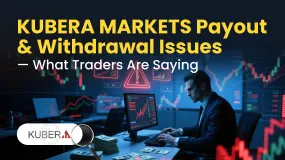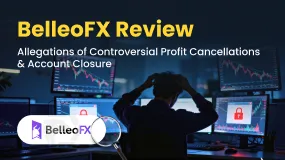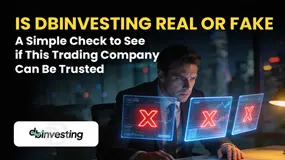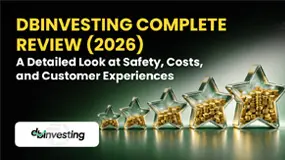Abstract:On Tuesday, the Financial Markets Authority (FMA), which regulates the New Zealand financial industry, issued a warning about a person posing as a regulator employee. Cold-calling customers is being used by the con artist to obtain personal information and defraud potential investors.
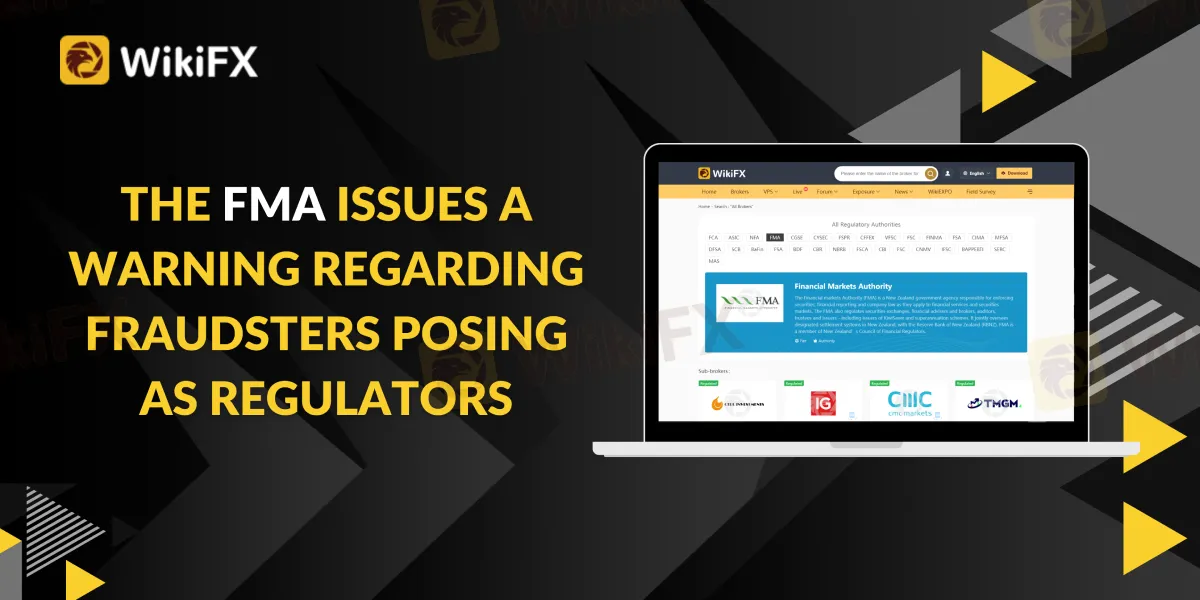
A scammer attempts to dupe consumers and investors by posing as a regulatory clerk.
The FMA issued four warnings about impostors in October 2022.
The Financial Markets Authority (FMA), which regulates the New Zealand financial industry, issued a warning on Tuesday about a person claiming to work for the regulator. The con artist is cold-calling customers in order to obtain personal information and defraud potential investors.
According to an FMA statement, the individual attempted to obtain personal information about the people he or she was after.
“The correspondence is made up and typical of advance fee fraud.” “Please keep in mind that, while the FMA may contact licensed or regulated entities on occasion, we will never ask for payment or financial information over the phone,” the FMA stated in a press release.
“If you receive an unsolicited call, please hang up and call us directly using the information on our website.”
The FMA reminds its representatives not to call consumers, including individual investors, cold. At the same time, it draws attention to the procedures for dealing with suspected financial fraud or scams.
In October, New Zealand's regulatory watchdog issued four warnings against impostors. Previously, three alerts were issued regarding website cloning: nzglobaltrading.com, horizon capital.ltd., and goldenchaseltd.com. These websites claimed to be registered companies in New Zealand, and they used the names of legitimate businesses such as NZ Global Trading Company Limited, Horizon Capital Limited, and Golden Chase Limited.
During the peak of the COVID-19 pandemic in 2020, New Zealand's FMA issued a warning about the increasing number of investment scams. During that time, the number of possible fraud attempts was significantly higher than the previous year. Furthermore, imposter scams accounted for 34% of all investment fraud.
“We're always on the lookout for scams aimed at New Zealanders, but it's like cutting the head off a hydra - two more will spring up in its place.” “You can never stop or warn about them all, and they frequently operate outside our reach, particularly overseas,” FMA Director of Regulation Liam Mason said nearly two years ago.
The FMA's experience backs up what other financial regulators are saying: if an investment appears to be too good to be true, it probably is. Simultaneously, statistics show that the popularity of cryptocurrencies, as well as the potential fraud associated with them, has grown significantly in the last two years.
About FMA (Financial Markets Authority)
The New Zealand government's Financial Markets Authority (FMA) is in charge of making sure that securities, financial reporting, and company law are followed in the financial services and securities markets.

Securities exchanges, financial advisers and brokers, auditors, trustees, and issuers, including KiwiSaver and superannuation scheme issuers, are all regulated by the FMA. It collaborates with the Reserve Bank of New Zealand to oversee designated settlement systems in New Zealand (RBNZ). FMA is a member of the Council of Financial Regulators in New Zealand.
WikiFX Collaboration With FMA
WikiFX worked with FMA to solve all trading problems that came up because of its supervision. More than 39,000 brokers are listed on the platform, some of which are regulated and some of which are not. WikiFX collaborates with 30 other financial regulators, in addition to the FMA.

Keep an eye out for more regulatory news.
To stay up to date on the latest news, download the WikiFX app from the App Store or Google Play Store.







